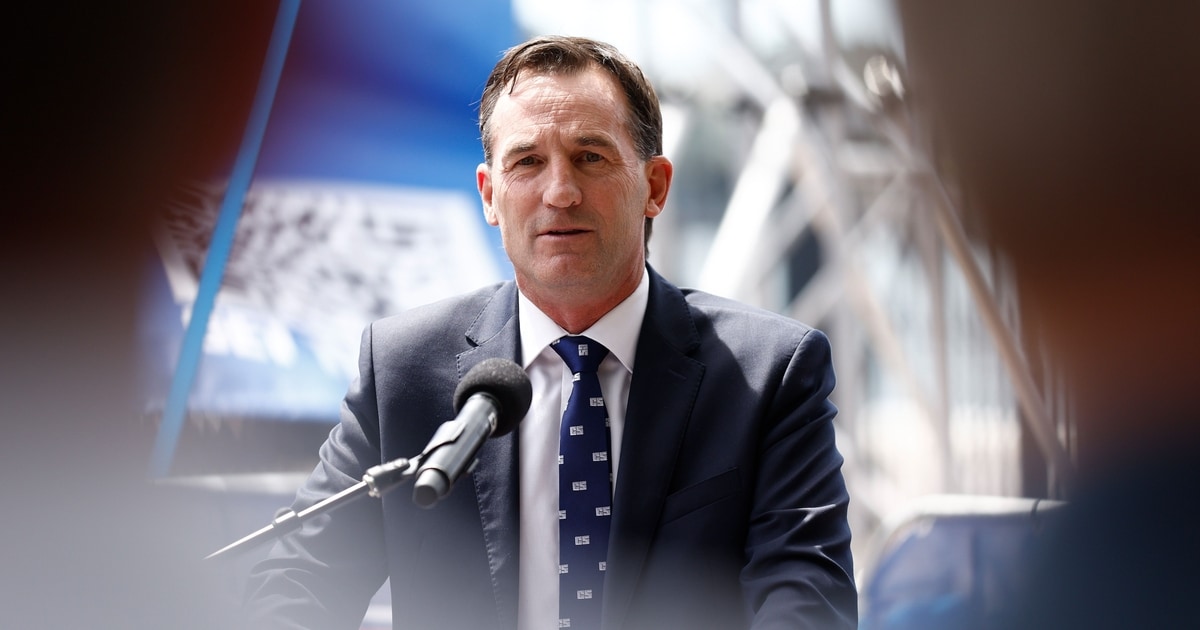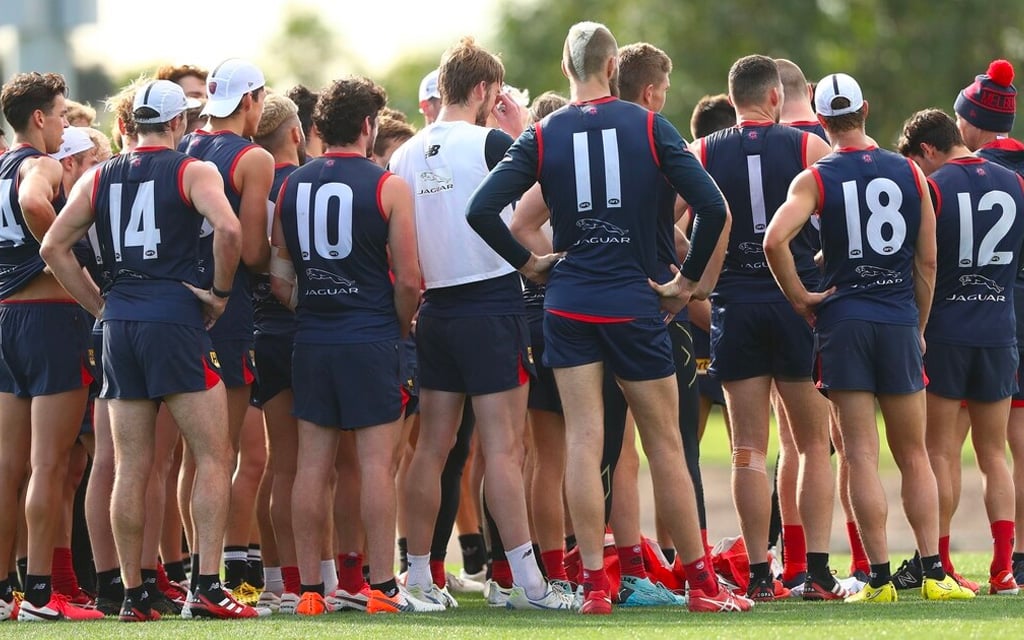I was right
tous tout all
JWH ClutZ partner in West like J Bishop Bartlett too credulous by half
speak to Scott Don on Glenferrie rd
Lance Uppercut
tous tout all
JWH ClutZ partner in West like J Bishop Bartlett too credulous by half
speak to Scott Don on Glenferrie rd
Lance Uppercut








